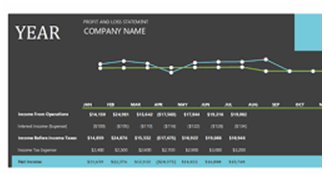- Books Name
- CA Shivali kedia Accountancy Book
- Publication
- CA Shivali kedia
- Course
- CBSE Class 11
- Subject
- Accountancy
Accounting as Source of Information
Accounting provides a) relevant information to users of financial statements, so that they can be b) informed decisions (On the basis of the financial statements). It helps users analyze the risks and uncertainties and ways to mitigate (minimize) them.
Let us understand the qualitative characteristics of Accounting!
Reliability
Imagine in our cafe Harsh has had an accountant. But the accountant is not a good person the accounting information expenses sales his recording are not true there all fall at the end of the year Harsh will not people to rely on that data is not true hence the first characteristic qualitative characteristic of data is it should be reliable and true
Relevance
The data has to be relevant to the user of the financial statements because data helps in making the decisions in the future data is the basis of making the decisions about the business in the future.
In short, no one can rely on decisions made when the accounts are all wrong and unreliable,

Understandability
In accountancy, we learn how to deal and interact with books of accounts and financial information. Sometimes there is no face-to-face communication between the accountant and the owner. At the end of the year, the accountant sometimes might just hand over the accounts to the owner.
Understandability explains refers to that the accounts should be prepared in such a way that even if there is no physical interaction the book of books of account should be self-explanatory to the person who is reading them understandability is very important for communication of financial information

Comparability
The accounting information should be comparable to the previous year’s information.
Sometimes the businesses compare their performance with the performance of similar companies in the industry.
Hence accounts should be prepared in such a way that they can be easily compared with in previous years and within our competitors as well


 SS MUKHI
SS MUKHI
